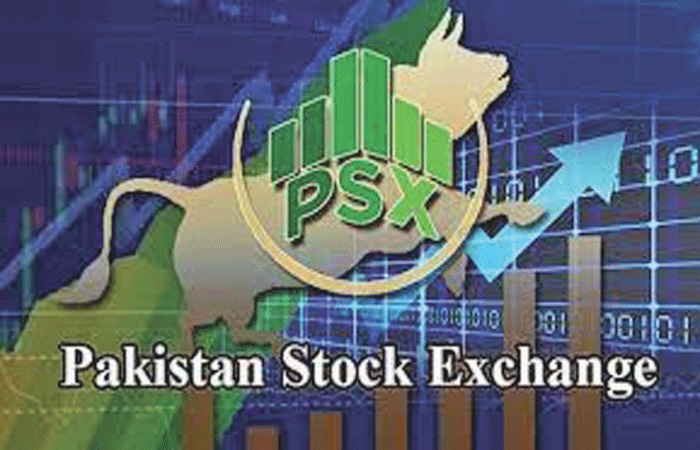
Ahmedabad: Pakistan’s stock market is currently witnessing unimaginable record growth. Pakistan Stock Exchange Index (Karachi 100 Index) is close to one lakh. After opening at 97934 and closing at 99623 intraday, Pakistan index closed at 97895, up 566 points, while BSE Sensex closed at 79117.
The Karachi 100 index has increased by 66% in the last one year. It is outperforming major global indices like S&P 500 and FTSE 100. Not only this, it has also performed better than the Indian stock market in one year. In one year, Sensex has seen a growth of 18.48 percent, while Nifty has seen only 19.71 percent growth. Pakistan’s index has so far increased by 56 percent or 35444 points in the calendar year of 2024.
There was a rise in the Indian stock market today. The Sensex had risen by more than 1,800 points, but a day earlier it had seen a huge fall. However, the Indian stock market has been going through a period of decline for a long time. In the last two months, the Sensex has fallen by about 10 percent. The biggest reason for the decline is the withdrawal of foreign investors.
On one hand, Pakistan’s debt is continuously increasing, while on the other hand, it is surprising that the stock market of this country has reached the sky. Its debt doubles every five years, its foreign exchange reserves are low and it suffers from slow or no growth and high inflation. The International Monetary Fund has given large scale loans.
Inflation has come down significantly in Pakistan in recent times. Inflation, which peaked at 38% in May 2023, is expected to decline to 7.2% in October 2024. Exports of textiles, leather goods and chemicals are increasing.
If we look at the reasons for the rise in Pakistan’s market, there are factors like low equity valuation, approval of $7 billion loan package from the International Monetary Fund, reduction in inflation, huge cut in interest rates by the Centre. Edge. Planned reforms to stabilize the Pakistani economy include reducing the fiscal deficit between 2024 and 2029 and privatizing 24 state-owned companies.
 look news india
look news india